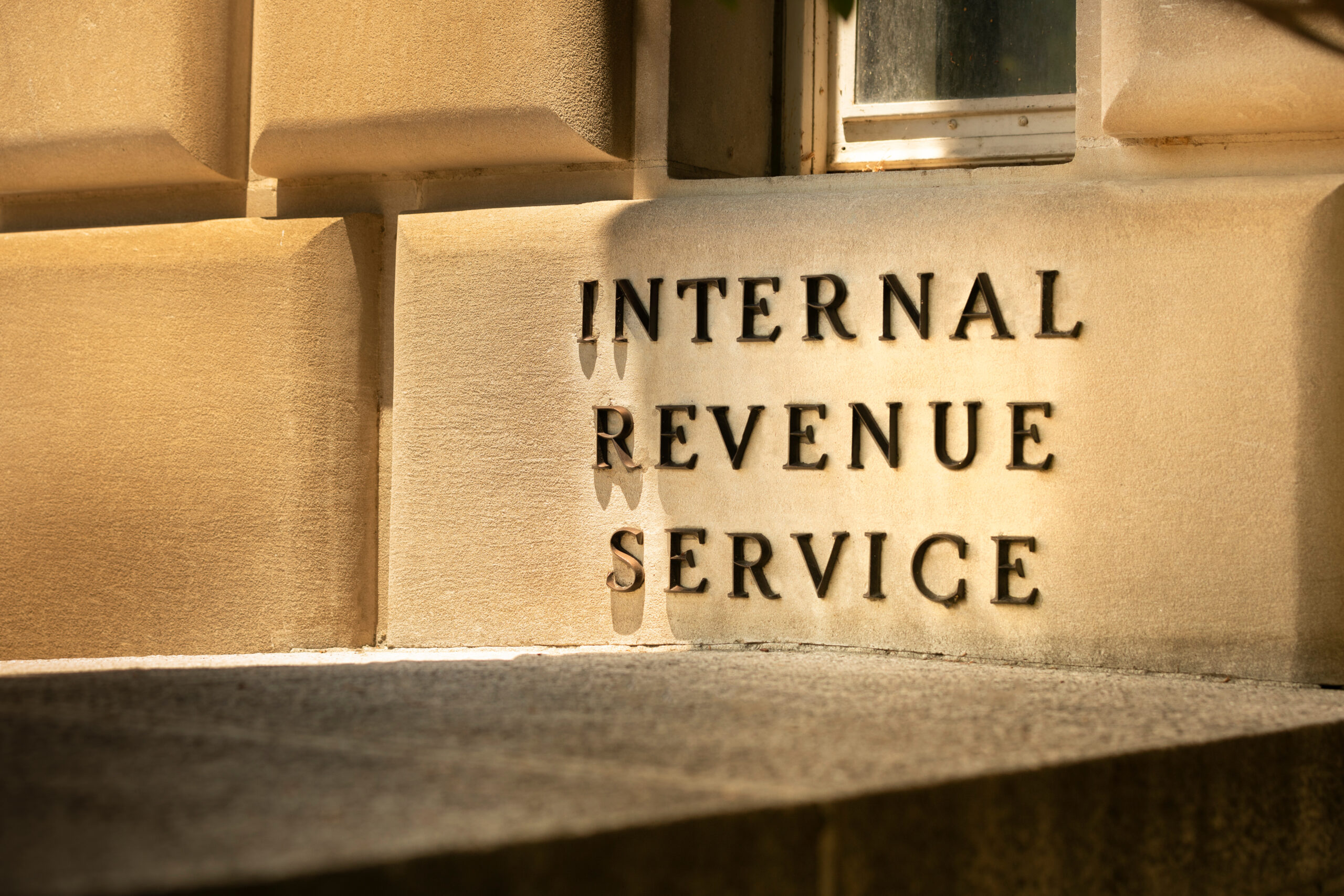Architects and engineers who design energy-efficient government buildings can qualify for a Section 179D tax deduction. Technically, it is the building owner who qualifies, but since the government is the owner of the building and does not pay tax, our tax law allows the allocation of the deduction to the designer. This allocation provides an incentive for designers to take on government building projects.
This allocation raises some interesting questions, such as what year the allocated deduction is available. Designers often work on multiple buildings for the same client or project, and the work typically spans several years. So can the designer simply claim the tax deduction on their current year return–perhaps in the year that the final building for the project is completed? The court in Cannon Corp. v. Commissioner, No. 23-XXX (2d Cir. Feb. 18, 2025), recently answered this question.
Facts & Procedural History
The taxpayer in this case designed energy-efficient buildings for government clients between 2006 and 2011. As the designer, was allocated the Section 179D tax deductions that would normally go to the government building owners. After successfully claiming these deductions on an amended return for 2006, the taxpayer failed to claim approximately $3.9 million in Section 179D deductions for buildings placed in service from 2007 through 2010 on its originally-filed income tax returns.
Instead of filing separate amended tax returns for each year, the taxpayer reported all of the deductions at once on its 2011 tax return. It did this by reporting the deduction as an accounting method change on a Form 3115. The IRS audited the tax return and issued a notice of deficiency denying the Section 179D deductions. The taxpayer challenged this determination in tax court, but the court granted summary judgment for the IRS. This appeal was from the tax court case.
About the Section 179D Deduction
Section 179D allows owners of commercial buildings to deduct the cost of energy efficient commercial building property. This is for property placed in service during the tax year. The amount of the tax deduction is calculated based on a formula that considers the building’s square footage and energy cost reductions.
Specifically, the deduction amount starts at $0.50 per square foot and can increase up to $1.00 per square foot based on the building’s energy efficiency. The rate increases by $0.02 for each percentage point by which the building’s total annual energy and power costs are certified to be reduced by more than 25 percent. For certain qualifying properties, these base amounts can be increased to $2.50 per square foot (up to $5.00 per square foot) if prevailing wage and apprenticeship requirements are met.
The energy efficient improvements must be to one or more of three specific building systems:
Interior lighting systems
Heating, cooling, ventilation, and hot water systems
Building envelope
These improvements must be certified as part of a plan designed to reduce the building’s total annual energy and power costs by 25% or more compared to a reference building that meets minimum efficiency standards. The certification must be performed by qualified individuals using approved software.
As noted above, there is an allocation rule that can apply to government-owned buildings. Since government entities cannot use tax deductions, they can allocate the deduction to the person primarily responsible for designing the property. This allocation makes the designer “the taxpayer” for purposes of claiming the Section 179D deduction. Eligible government entities include federal, state, and local governments, their agencies and instrumentalities, Indian tribal governments, and other tax-exempt organizations.
One challenge presented by this Section 179D allocation is determining who qualifies as the “designer” of the energy-efficient commercial building property. Only the designer is eligible to claim the deduction when the property is owned by a government entity. The courts addressed this in United States v. Oehler, 9 F.3d 1538 (2d Cir. 1993), for a designer who installed and identified additional fixtures for replacement, but did not create the technical specifications for the lighting systems. The architects and engineers retained provided the designs, and the taxpayer’s role was limited to implementation. Because the taxpayer merely installed the systems rather than designing them, the court held that it was not entitled to the deduction as they were not the designer for purposes of this tax deduction.
When to Report Section 179D Deductions?
Another aspect of this allocation that is challenging is that the designers do not control when the property is placed in service–the government entity does. While designers may complete their work well before the building systems are operational, IRS Notice 2008-40 states that designers may only claim the deduction in the tax year that the government places the property in service.
This timing rule creates practical challenges. Designers may not know exactly when the government places the property in service. Even when they do know the placed-in-service date, they might not learn about their ability to claim the Section 179D deduction until after they have filed their tax return for that year. This raises the question of how to claim the deduction for prior tax years.
One approach taxpayers have tried is to treat missed Section 179D deductions as an accounting method change. A change in accounting method typically involves changing when an item of income or deduction is reported – essentially shifting the timing between tax years. Under Section 481 of the tax code and its regulations, a material item qualifies for accounting method change treatment only if it involves the proper time for including an item in income or claiming a deduction.
Section 179D Deduction for a Prior Year a Method Change?
One might think that taking a Section 179D deduction for a prior year is an accounting method change. An accounting method change typically involves changing when an item of income or deduction is reported–essentially shifting the timing between tax years. Under Section 481 of the tax code and its regulations, a material item qualifies for accounting method change treatment only if it involves the proper time for including an item in income or claiming a deduction.
However, the regulations clarify that an accounting method change cannot permanently alter a taxpayer’s lifetime income. Instead, it must merely affect the timing of when income or deductions are reported. For example, changing from the cash to accrual method shifts when income and expenses are recognized but does not permanently change the total amount reported over time.
This brings us to the court case. The Second Circuit agreed with the tax court that Section 179D deductions do not qualify as an accounting method change. The court noted that these deductions permanently reduced the taxpayer’s taxable income rather than merely shifting the timing of deductions between years. This is due to the Section 179D deduction. Unlike building owners who might accelerate depreciation deductions, designers receive a one-time allocated deduction that permanently reduces their tax liability.
The Second Circuit also found that Revenue Procedure 2011-14, which the taxpayer cited, did not authorize designers to use the accounting method change procedures. While this guidance included some filing instructions for designers, it never explicitly permitted them to report prior year Section 179D deductions as accounting method changes.
The Role of Amended Returns and Statutes of Limitations
The designers do have a few ways to deal with this situation. As noted in this case, the proper procedure for claiming missed Section 179D deductions is to file amended returns for the specific tax years when the buildings were placed in service. The time for filing an amended return is limited by the general three-year statute of limitations for filing amended returns under Section 6511.
It was this timing limitation that prevented the taxpayer in this case from filing an amended return for 2007. The statute of limitations had expired. However, the taxpayer did file “protective” amended returns for the 2008-2010 tax years that were filed within the limitations period. While the court did not directly address these amended returns, they likely preserved the taxpayer’s ability to claim deductions for these years. This is the way that designers can proactively report these deductions when they are not certain as to whether they will be allocated the tax deductions and in what year the property will be placed in service.
The Takeaway
This case shows that Section 179D tax deductions allocated to designers must be claimed in the tax year when the energy-efficient property is placed in service. These deductions cannot be claimed in later years through accounting method changes because they permanently affect taxable income rather than merely shifting the timing of deductions between years. Designers who may qualify for this deduction should consider filing protective claims with the IRS in the years that the properties could have been placed in service. This can help preserve the deductions if the property is placed in service in one year, but the allocation is not made until a later year.
Watch Our Free On-Demand Webinar
In 40 minutes, we’ll teach you how to survive an IRS audit.
We’ll explain how the IRS conducts audits and how to manage and close the audit.



























